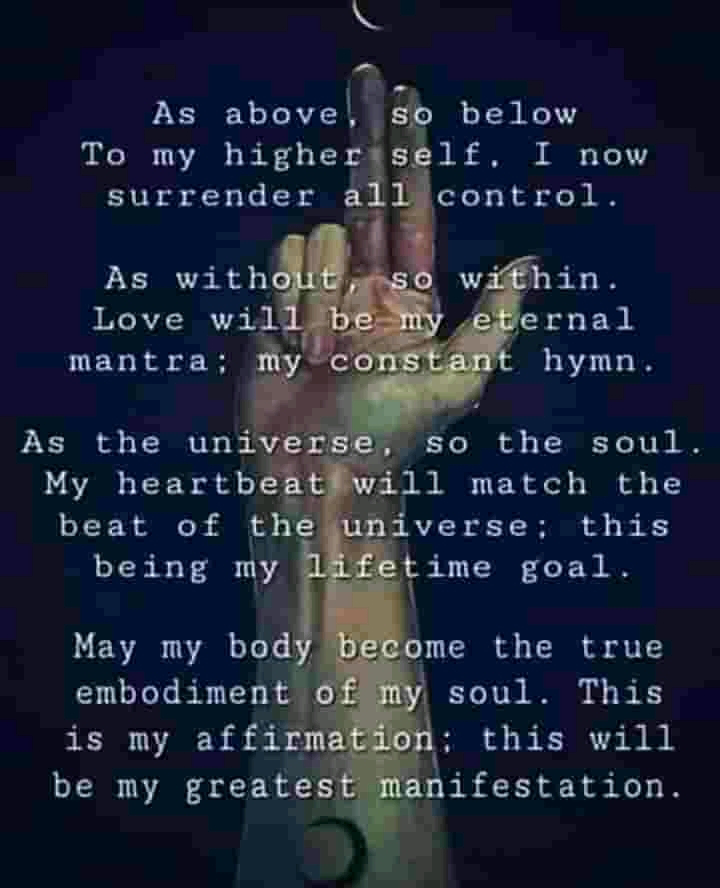[A profound spiritual crisis] What is a dark night of the soul?
.
A dark night of the soul is a profound spiritual crisis typically characterized by feelings of despair, emptiness, and a sense of being disconnected from oneself, others, and the divine. This phenomenon refers to a period of intense inner turmoil and existential questioning that can lead to a profound transformation and spiritual growth.
The Dark Night of the Soul forces you to face your shadow self. Your Shadows are the parts of yourself that you don’t like. This could show up as fear or hate, anger, rage, impatience or intolerance. Guilt, shame or apathy etcetera. Most people try to suppress these emotions and that’s why they keep showing up. What we resist persists.
In the Dark Night, you have no choice but to face your shadows and learn how to integrate them into your life. That means learning to illuminate and ultimately love your Shadow aspects
There are various triggers that can bring about a dark night of the soul experience. These triggers often stem from significant life events or circumstances that challenge our core beliefs, values, and identities. Some common triggers include:
1. **Loss and Grief**: The death of a loved one, the end of a relationship, or a major life change can trigger feelings of grief and loss that shake us to our core and force us to confront our deepest fears and insecurities.
2. **Existential Questions**: Moments of existential crisis, such as questioning the purpose of life, the nature of reality, or the existence of a higher power, can lead to a dark night of the soul as we grapple with profound existential uncertainties.
3. **Psychological Trauma**: Past traumas, such as abuse, neglect, or major life upheavals, can resurface and trigger a dark night of the soul as we revisit buried emotions and confront unresolved issues from our past.
4. **Spiritual Awakening**: Paradoxically, a deepening spiritual practice or a newfound spiritual insight can also trigger a dark night of the soul as we grapple with the dissonance between our old beliefs and newfound revelations.
5. **Personal Growth**: Major life transitions, such as career changes, relocation, or parenthood, can trigger a dark night of the soul as we navigate the uncertainty and challenges of personal growth and self-transformation.
While the dark night of the soul can be an incredibly painful and disorienting experience, it can also be a powerful catalyst for inner growth, healing, and spiritual awakening. By bravely facing our inner demons, embracing the darkness within us, and surrendering to the transformative process, we can emerge from the depths of despair stronger, wiser, and more aligned with our true selves.
In conclusion, the dark night of the soul is a profound phenomenon that challenges us to confront our deepest fears, question our core beliefs, and undergo a process of inner transformation. By understanding the triggers that can lead to this experience and embracing the journey with courage and humility, we can emerge from the darkness with a renewed sense of purpose, clarity, and resilience.



Comments
Post a Comment